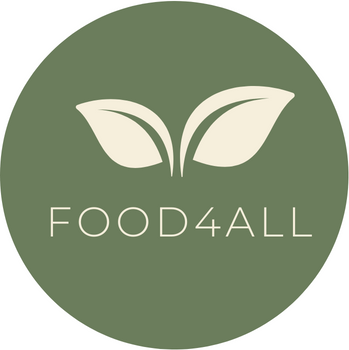As already stated by the European Food Safety Authority (i.e. EFSA), climate change resulted in the increase at the concentrations of greenhouse gases (e.g. carbon dioxide, methane, nitrous oxide) in the Earth’s atmosphere, poses significant challenges to global food safety. Average global temperature increase (by 1.09 ◦C between 2011–2020), alterations in humidity, heavy rainfall patterns, high frequency of extreme weather events, all on a global scale, affects strongly farming practices (2.3.1.), crop production and nutritional quality (2.3.2.). The above changes in climate changes and specifically the average global temperature increase, have also a direct impact on outbreaks of foodborne illnesses (2.3.3.).
In general, climate-related events can disrupt the entire food supply chain, from production to distribution. Disruptions may lead to delays, improper storage conditions, and compromised transportation, all of which can contribute to food safety risks. The integration of technology in agriculture, while aiding in climate adaptation, offers opportunities for enhanced traceability. Specifically, improvements in technologies can be employed to track the journey of food products, facilitate immediate identification and response to safety issues. Additionally to the above, a holistic approach involving collaboration among farmers, government agencies, the food industry, and consumers with programs promoting community health and education on novel safe practices at all stages of the supply chain contribute to a safer food system.
